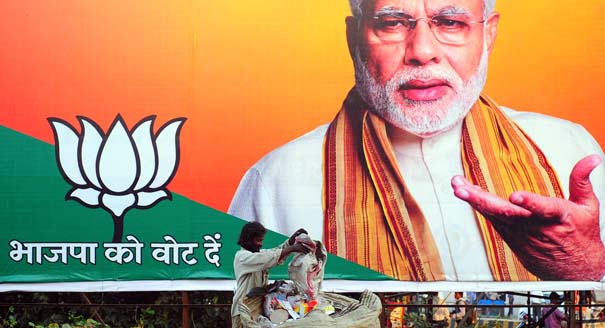Source: IDFC
Milan Vaishnav spoke about the 2014 Indian elections at the IDFC Institute in New Delhi. The talk brings together a few of Dr. Vaishnav's current research projects to address whether the recent election was truly a "game changer." He began by laying out the facts of the election, including that it was the largest election in human history and that it is the first time a party other than the Indian National Congress has won such a resounding mandate in India. He noted, optimistically, that while the election was polarized along religious lines, Narendra Modi won in large part due to his successful record as Chief Minister of Gujarat, suggesting that the Indian electorate is rewarding competent governance in a way it has not in the past. In other areas, though, such as the presence of political dynasties in the legislature and the electoral success of criminals, this election was an example of continuity rather than change.Vaishnav pointed to three key takeaways from this election. First, the BJP has supplanted the Congress as the dominant pole around which Indian politics revolves. Second, though identity politics are still important, they are not sufficient to win; politicians must combine identity-based appeals with strong records on economic and governance issues if they are to succeed. Third, though voters may be shifting their preferences and regional parties are proliferating, the nature of the candidates themselves has not changed much.





